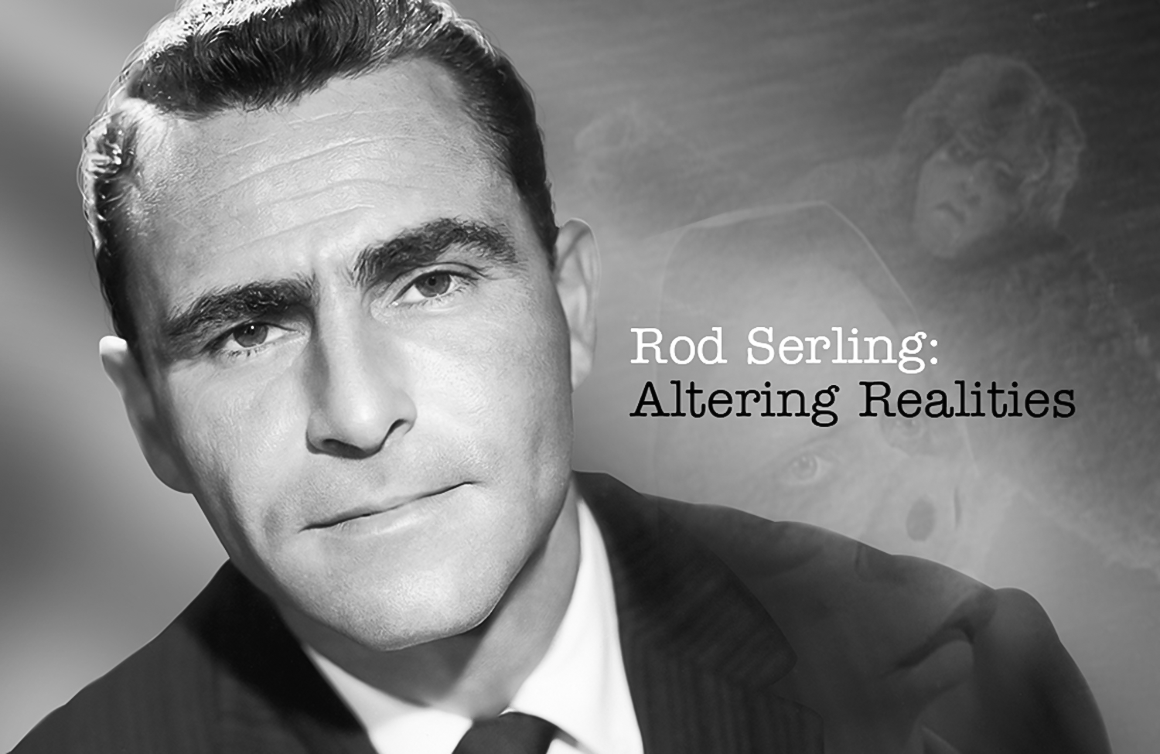Rod Serling’s radio and television productions are steeped in intrigue. As screenwriter, producer, host, and narrator of The Twilight Zone, Rod Serling challenged television audiences to open their minds to new realities and break free of social conventions.
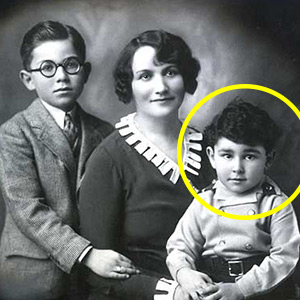
Vital Stats
1924-1975. Born Rodman Edward Serling in Syracuse, New York.
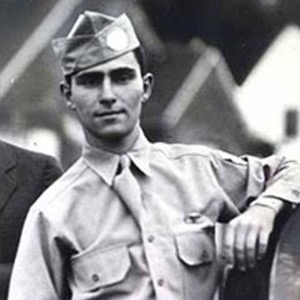
Pivotal Years
Serling enlisted in the United States Army after graduating from high school. His time in the military and the horrors he observed – particularly his service during World War II – influenced his future years. He turned to writing as a cathartic expression of his time in the army.
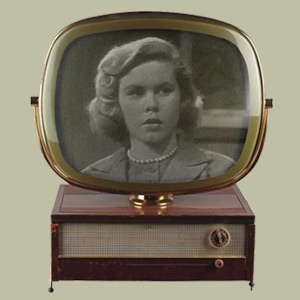
A New Realm
Serling began his professional career as a writer and producer of radio dramas, before moving to television. He gained recognition for a 1955 episode of Kraft Television Theatre he wrote titled Patterns. The episode introduced Serling’s signature style to a broader audience and earned him his first Emmy award.
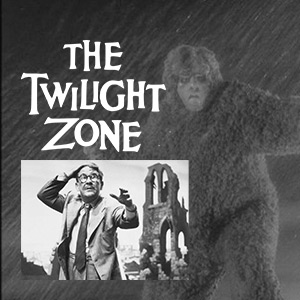
The Twilight Years
Serling eventually grew frustrated with issues of corporate censorship and network interference with his scripts. He struck a deal with CBS to produce his own television show, The Twilight Zone, that included his right to retain creative control throughout the entire production process. The science fiction-based anthology series ran until 1965, earning Serling multiple awards throughout the series’ run and beyond. Unforgettable episodes of the anthology include Time Enough To Last, Eye of the Beholder, The Monsters Are Due on Maple Street, and Nightmare at 20,000 Feet.
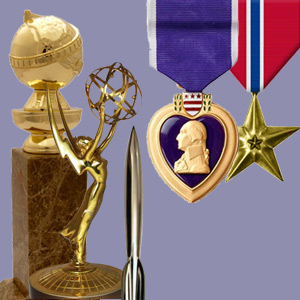
A Lasting Legacy
The political themes, social commentary, and twist endings found in Serling’s work continue to inspire contemporary writers, directors, and producers. David Chase, Matthew Weiner, J.J. Abrams, Roseanne Barr and others cite Serling’s influence in their work.
Serling’s long list of awards includes multiple Hugo, Golden Globes, and Emmy awards. He was inducted into the Television Hall of Fame, Science Fiction Hall of Fame, and has a star on the Hollywood Walk of Fame. He was awarded a Bronze Star and Purple Heart for his military service.

